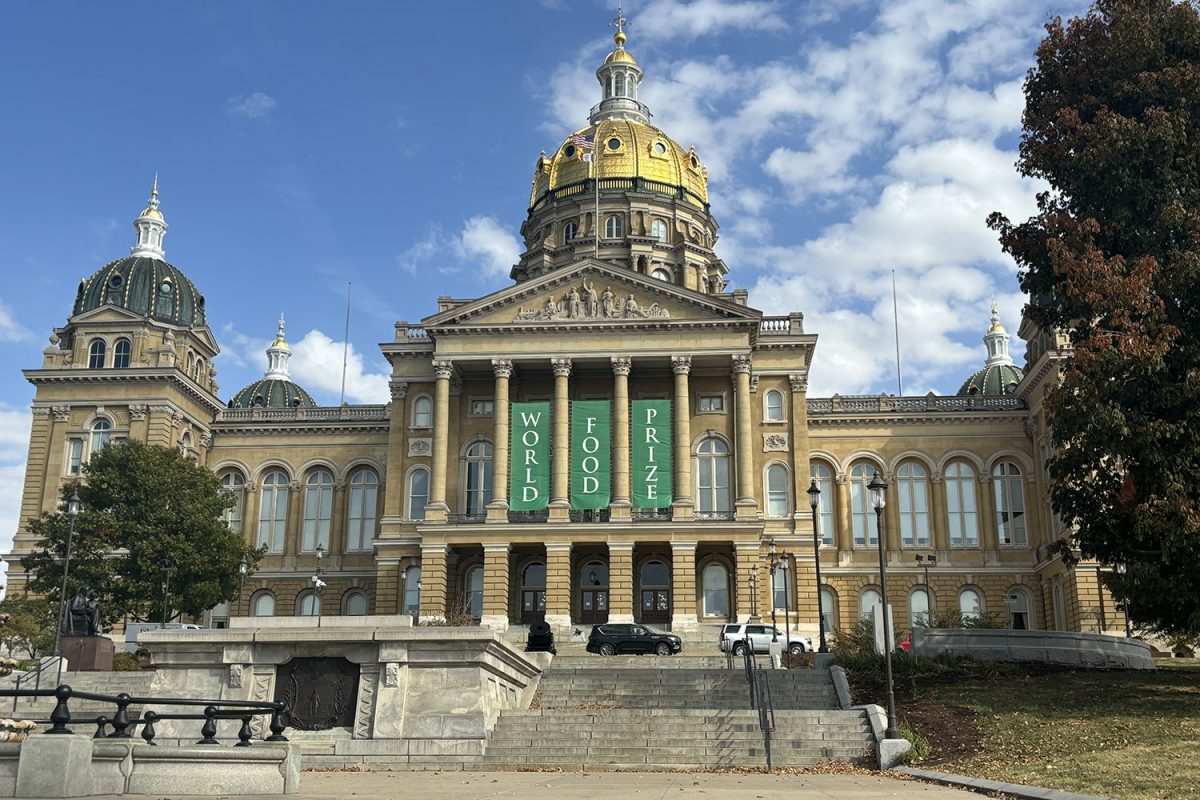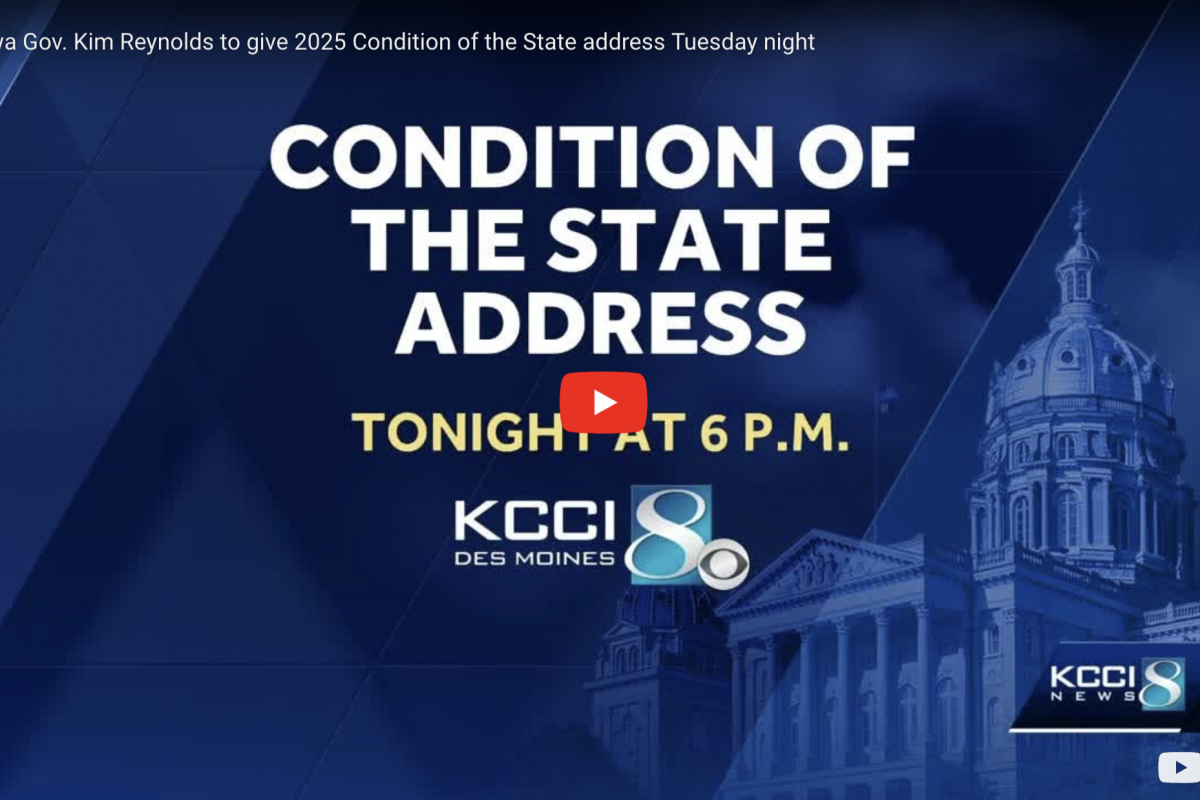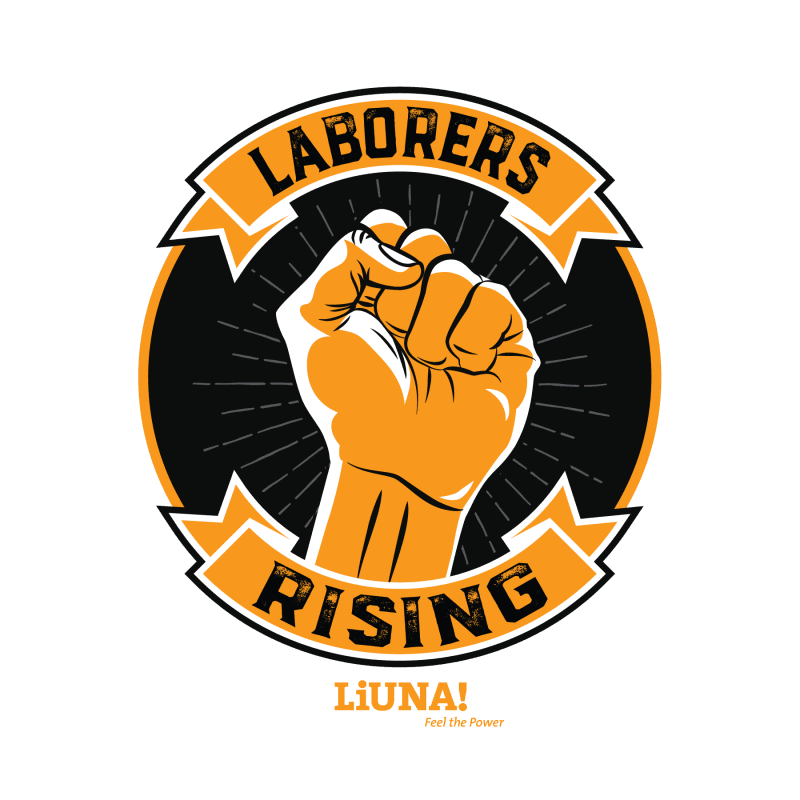State
State
Home » Building Awareness » State
In Iowa, the laws and policies shaped at the state level have a profound impact on the rights, safety, and livelihoods of workers. As a state operating under “right to work” laws, it’s essential for all laborers to stay informed and engaged in the political process to protect what matters most—fair wages, safe job sites, and the strength of our collective voice.
Why State-Level Politics Matter
Decisions made in the Iowa State Legislature affect everything from prevailing wage laws to funding for infrastructure projects and apprenticeships. These decisions directly influence the opportunities and protections available to union laborers across the state.
Challenges & Opportunities
While some policies have posed challenges to organized labor, the strength of our union and our ability to work together have led to important victories, from improved safety standards to increased investments in public works projects. We remain committed to ensuring that Iowa laborers have a seat at the table and that our voices are heard loud and clear.
The Role of Laborers 177
At Laborers 177, we are dedicated to advocating for policies that support workers and their families. We aim to empower our members with the tools and information they need to understand the issues and take action. Whether it’s staying informed on legislative developments, registering to vote, or joining our advocacy efforts, every member has a role to play.
By working together, we can ensure that Iowa’s labor force remains a vital part of the state’s future. Let’s continue to stand up for what’s right, build awareness, and fight for the rights and opportunities every worker deserves. Stay informed. Stay engaged. Stay united.
Carbon Capture Pipelines
Letters to the Editor
Our voices matter — and one way we use them is through Letters to the Editor. LTEs let us call out politicians who vote against Iowa jobs and shine a light on those who stand with workers. Whether it’s fighting for clean energy credits that create union jobs, protecting fair wages, or keeping work in Iowa, Laborers are stepping up and speaking out. We’re proud of members who take the time to write and get published, and we encourage everyone to read these LTEs, share them, and stay engaged. Together, we can hold leaders accountable and thank the ones who keep Iowa’s workers and families moving forward.
Union Jobs!
Ag Week
Green County News
Ag Week
DNT/Progressive Farmer
Local Workforce
Ag Week
Iowa UNEMPLOYMENT TAXES
Kim Reynolds’ Plan to Cut Unemployment Insurance Hurts Iowa Workers
Governor Kim Reynolds is once again siding with big business at the expense of Iowa’s hardworking men and women. Her latest plan? Cutting unemployment insurance taxes for businesses, a move that will gut funding for unemployment benefits and leave workers with even fewer protections when they need them most.
Governor Reynolds has proposed lowering the unemployment benefit tax rate to the lowest % allowed by Federal law.
WHAT DOES THIS MEAN FOR LABORERS?
- Your employer will be paying less $ into YOUR unemployment benefits fund.
- You will be earning less $ toward unemployment than you're working for currently by half.
- Example: BEFORE you earned $2 per hour worked toward unemployment NOW you only earn $1 per hour worked (paid by employer).
- We do not believe employers should pay less in benefits to their employees - which is what Governor Reynolds is proposing.

What to Know
What Is “Right to Work”?
In a “Right to Work” state like Iowa, employees cannot be required to join a union or pay union dues as a condition of employment, even if the workplace is unionized. While it sounds positive, the reality is more complicated.
How Does It Affect Unions?
- Weakened Bargaining Power: With fewer workers contributing financially to the union, resources to negotiate better wages, benefits, and working conditions can shrink.
- “Free Riders”: Employees who benefit from union-negotiated contracts without contributing dues can create financial strain on the union.
- Challenges to Solidarity: A strong union relies on unity. “Right to Work” laws can make it harder to maintain that strength.
How Does It Affect Union Jobs?
- Lower Wages and Benefits: Studies have shown that wages in “Right to Work” states tend to be lower, and benefits like health care and retirement plans may be less comprehensive.
- Job Site Safety: Unions play a critical role in ensuring safe working conditions. Weakened unions can lead to reduced oversight and protections.
- Job Security: Collective bargaining agreements negotiated by unions often provide stronger job security. Without robust union resources, these protections can be harder to secure.
Why Staying Involved Matters
Even in a “Right to Work” state, unions like Laborers 177 continue to fight for fair treatment, better pay, and safer job sites for every worker. By staying active, engaged, and unified, we can ensure that our union remains strong and continues to advocate for what’s best for all members.
Iowa is an at-will employment state, meaning employers can terminate employees at any time, for any reason, as long as it’s not illegal (like discrimination or retaliation). However, being part of a union often means you have added protections through your collective bargaining agreement, which outlines specific conditions under which you can be let go or disciplined.
Collective bargaining rights give workers the ability to negotiate wages, benefits, and working conditions as a group. In Iowa, recent changes to collective bargaining laws have limited the scope of what unions can negotiate, particularly for public sector workers. For private sector unions, like those represented by Laborers 177, these rights remain protected under federal law through the National Labor Relations Act (NLRA).
The term prevailing wage refers to the standard hourly wage, benefits, and overtime paid to workers within a specific area for a particular type of work. It ensures that workers on public projects are fairly compensated in line with industry standards in the region.
Iowa does not currently have a state-level prevailing wage law. In the past, efforts to establish such laws have been proposed, but they have not been passed by the Iowa Legislature.
What This Means for Iowa Workers
Without a state-level prevailing wage law:
- Wages May Vary: Contractors can pay below the industry standard, especially on public projects.
- Public Projects at Risk: The absence of prevailing wage protections can lead to out-of-state, lower-wage contractors outbidding local, skilled workers.
- Reliance on Federal Laws: Iowa workers on federally funded projects may still benefit from the Davis-Bacon Act, which requires prevailing wages on federal projects.
Why This Matters to Unions
For union members, the lack of prevailing wage laws at the state level highlights the importance of:
- Advocating for fair compensation on public projects.
- Supporting policies that protect local jobs and prevent wage undercutting.
- Staying informed about federal protections like the Davis-Bacon Act.
By being active and informed, unions can continue to fight for better wage standards for Iowa’s hardworking laborers.
Building Awareness
Legislative Session 2025

Agenda
Legislative session begins Monday, January 13th, 2025 and goes until beginning of May 2025.
- Beginning 8th year of one-party control of House, Senate and Governor.
- Legislative priorities: Property tax reform, education reform, health care reform, etc.

Representation
Iowa’s Governor, Senators & House Representatives
- Governor Kim Reynolds, Lieutenant Governor Chris Cournoyer
- Iowa Senate Members
- Iowa House Members

Bill to Law
Stay informed and engaged—laws made today can shape the future of your job and your rights!
- Step 1: Idea to Proposal
- Step 2: Committee Review
- Step 3: Debate and Vote
- Step 4: Governor's Decision to Become Law or Veto



